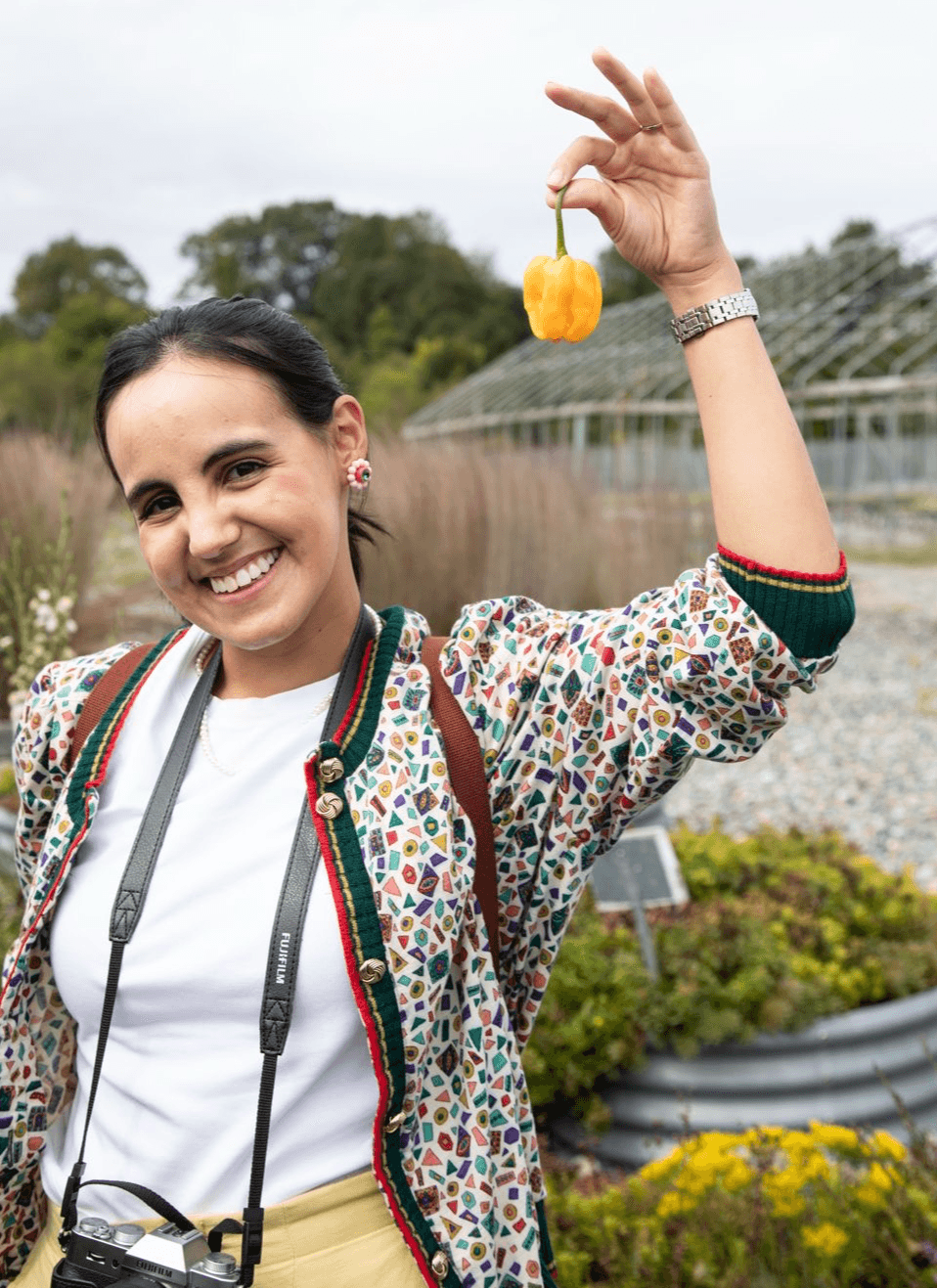We recently connected with Gabriela Montes De Oca and have shared our conversation below.
Gabriela, looking forward to hearing all of your stories today. What’s been the most meaningful project you’ve worked on?
One of the most meaningful projects I’ve worked on has been my YouTube series Tepui Presents: Sazón y Resiliencia, a three-part documentary series that started with sending a DM to an unknown business owner and inviting them to be the first story of many I’ve created since. As I was stepping away from corporate communications and looking for ways to tell stories that felt personal, rooted, and necessary, I saw an opportunity to highlight the contributions of Hispanic immigrants to Washington D.C.’s food scene as a way to start making my way in a new industry.
Since 2023, I have been interviewing chefs and food entrepreneurs across Washington, D.C., and seeing a pattern. Their food wasn’t just about flavors; it was about survival, resilience, and identity. For example, one of my episodes follows a Salvadoran couple who became known for serving the best BBQ in the city (2Fifty Texas BBQ), another highlights a Venezuelan founder who brought arepas into the mainstream food scene (ArepaZone), and another shares the journey of La Tejana’s founders as they blend Colombian and Mexican-American heritage. Each story revealed how food becomes a language of belonging, a way to preserve roots while adapting to new landscapes, but most importantly, a vehicle to connect with others and be a part of the city where they were welcomed.
What made this project especially meaningful is that it gave me the freedom to bring together all the different parts of myself—my training as a communicator, my personal migration story, and my passion for food as a cultural connector. It wasn’t just about producing content; it was about building a platform where these voices could be seen and heard in their fullness. The response from the community confirmed what I felt all along: that these stories matter, and that they resonate far beyond the kitchen.
The best moment came when Debby and Fernando, the couple behind 2FiftyTexas BBQ, texted me to get the licensing rights to the episode about them, as it was the only content that had been produced in Spanish about their story. They wanted to use it on a trip they were taking to El Salvador to showcase people from Fernando’s college about his passion and trajectory, and to build a collaboration with the university to start teaching related classes. That made me realize that the work I was doing was important, not only for my mission but for the people I was highlighting, too.
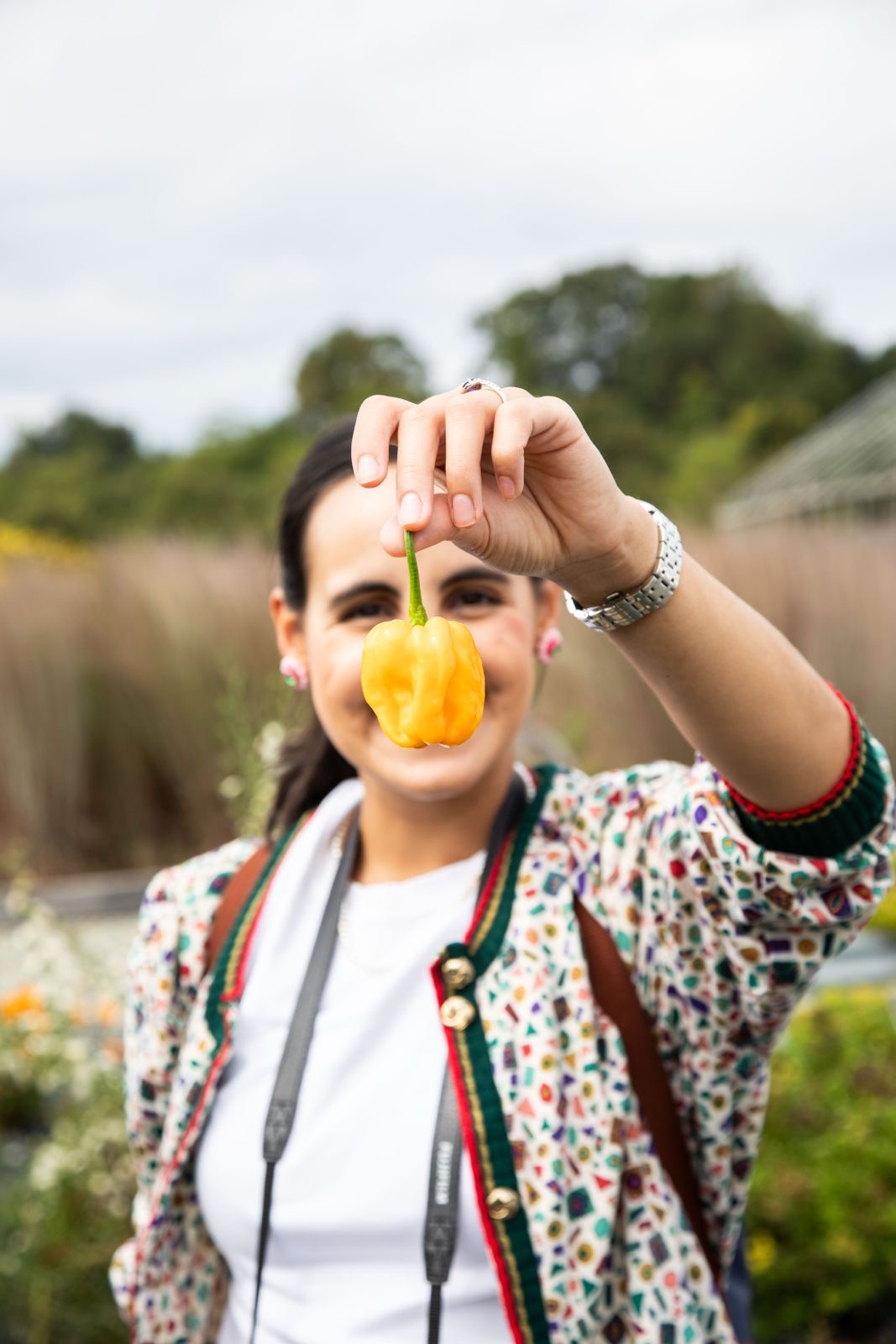
Great, appreciate you sharing that with us. Before we ask you to share more of your insights, can you take a moment to introduce yourself and how you got to where you are today to our readers.
Since I was little, I dreamed of being a filmmaker. That passion for storytelling led me to pursue a Bachelor’s in Mass Communication in Venezuela. Later, after moving to Argentina and then the United States, my purpose began to crystallize through my own family’s stories of migration and the role that food played in preserving culture, memory, and a sense of belonging.
Along the way, I built a career in communications—volunteering with NGOs, working in advertising agencies, and eventually earning a Master’s in Public Relations from Georgetown University. Those experiences provided me with the technical skills to design effective strategies, manage campaigns, and connect with target audiences. But at the same time, I was drawn back to food—specifically to the way immigrants like myself were using it as a language of resilience and identity.
That’s what inspired me to found Tepui, a storytelling platform and creative services studio dedicated to elevating the narratives of migration and cuisine. Through Tepui, I work as a journalist, producer, and food writer, creating multimedia projects, audiovisual series, and curated culinary experiences and events across Washington D.C. and Buenos Aires. I have also collaborated with restaurants, chefs, and organizations to shape their communications strategies, develop brand narratives, and design experiences that resonate with audiences on a cultural and emotional level.
What sets Tepui apart is its heart: it’s not just about producing content or offering creative services, but about honoring stories, cultural identity, and memory. My approach is rooted in empathy, curiosity, and an understanding that food is never just food—it’s a history, a community, and a storytelling all at once.
I’m most proud of the fact that Tepui has become a bridge between cultures, between chefs and diners, and between personal stories and broader audiences. Whether through a supper club showcasing Venezuelan traditions, a menu redesign that helps first-time diners connect with Indian street food, or a video series highlighting Latino resilience through food, my goal remains the same: to utilize storytelling and food as a means to connect and inspire.
For anyone new to my work, what I’d want them to know is this: Tepui is about celebrating roots while creating space for new narratives. It’s about building understanding through the universal language of food. And it’s about showing that every dish, every ingredient, carries a story worth telling that can help us understand each other better.
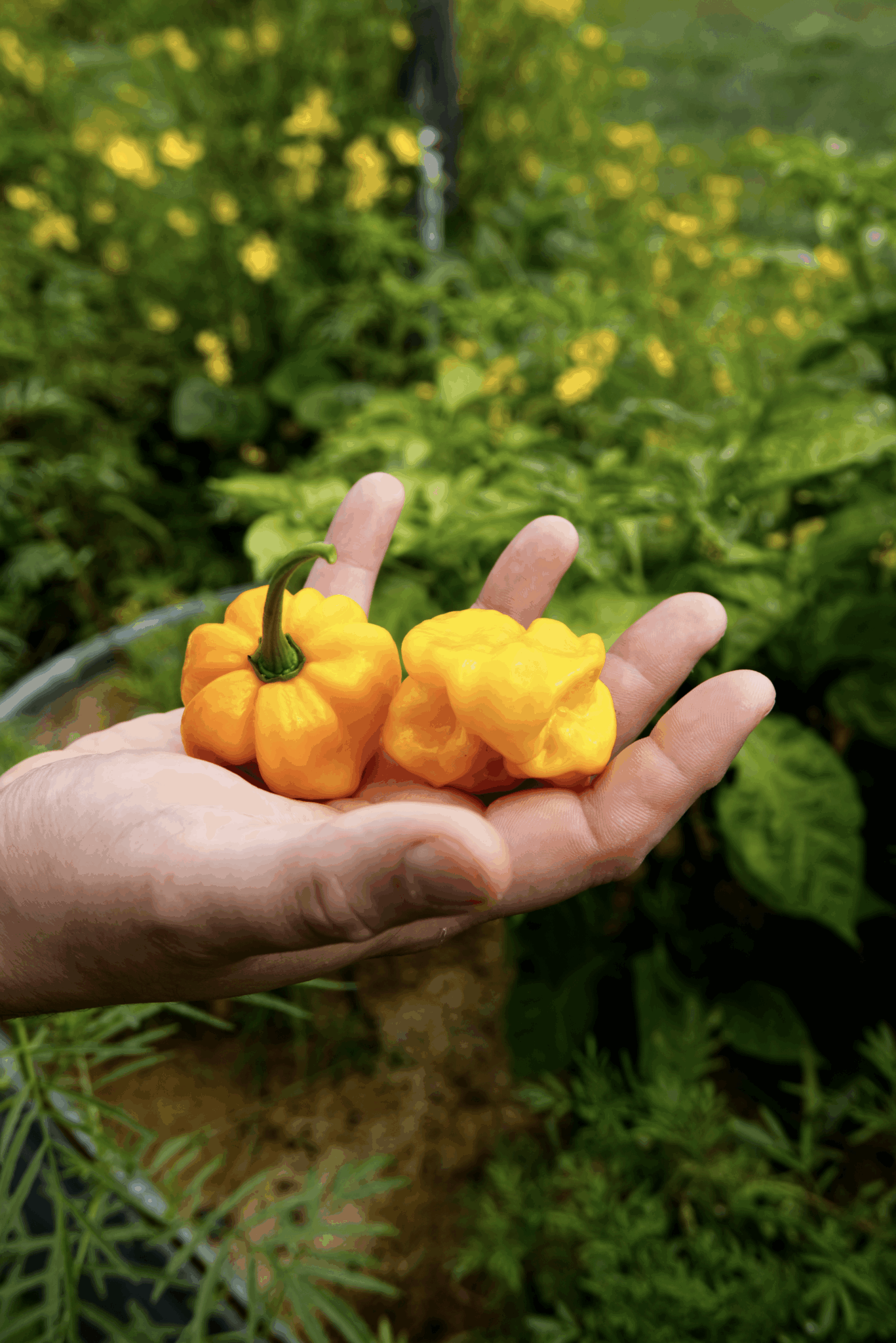
Have you ever had to pivot?
One of the most significant pivots in my career happened when I decided to step away from the corporate communications world and wholly lean into food storytelling, which is still a work in progress.
For almost ten years, I had built a stable career working with organizations in the energy and cybersecurity sectors—designing outreach strategies, leading campaigns, and producing content. It was rewarding work, but at the same time, I felt a growing pull toward something more personal. When I did a pastry internship to test if I wanted and had what it takes to become a chef, I found myself discovering the stories of immigrant chefs and food entrepreneurs in Washington, D.C., all the time, often on nights, weekends, or vacation time, and turning those conversations into content and collaboration ideas. Their resilience and creativity mirrored parts of my own migration journey, and I realized I couldn’t ignore that connection any longer.
The real pivot has come from formalizing this passion and building it into Tepui. It has been a leap into uncertainty—shifting from the security of a traditional role to entrepreneurship, in an industry where I didn’t have a linear background or I’m not a chef by any means and standards. However, I’ve been trying to stay connected on how my skill set in strategic communications could give me an edge. I can help chefs, restaurants, and food entrepreneurs not only tell their stories but also connect with audiences in ways that open doors and create impact.
This pivot has changed everything. It has allowed me to merge my professional expertise with my personal passions, and it has given me the freedom to create projects that feel deeply meaningful—from audiovisual series on Latino resilience to curating supper clubs that showcase Venezuelan traditions. Looking back, it has been one of the decisions that has taken the longest to make, but also the most liberating.
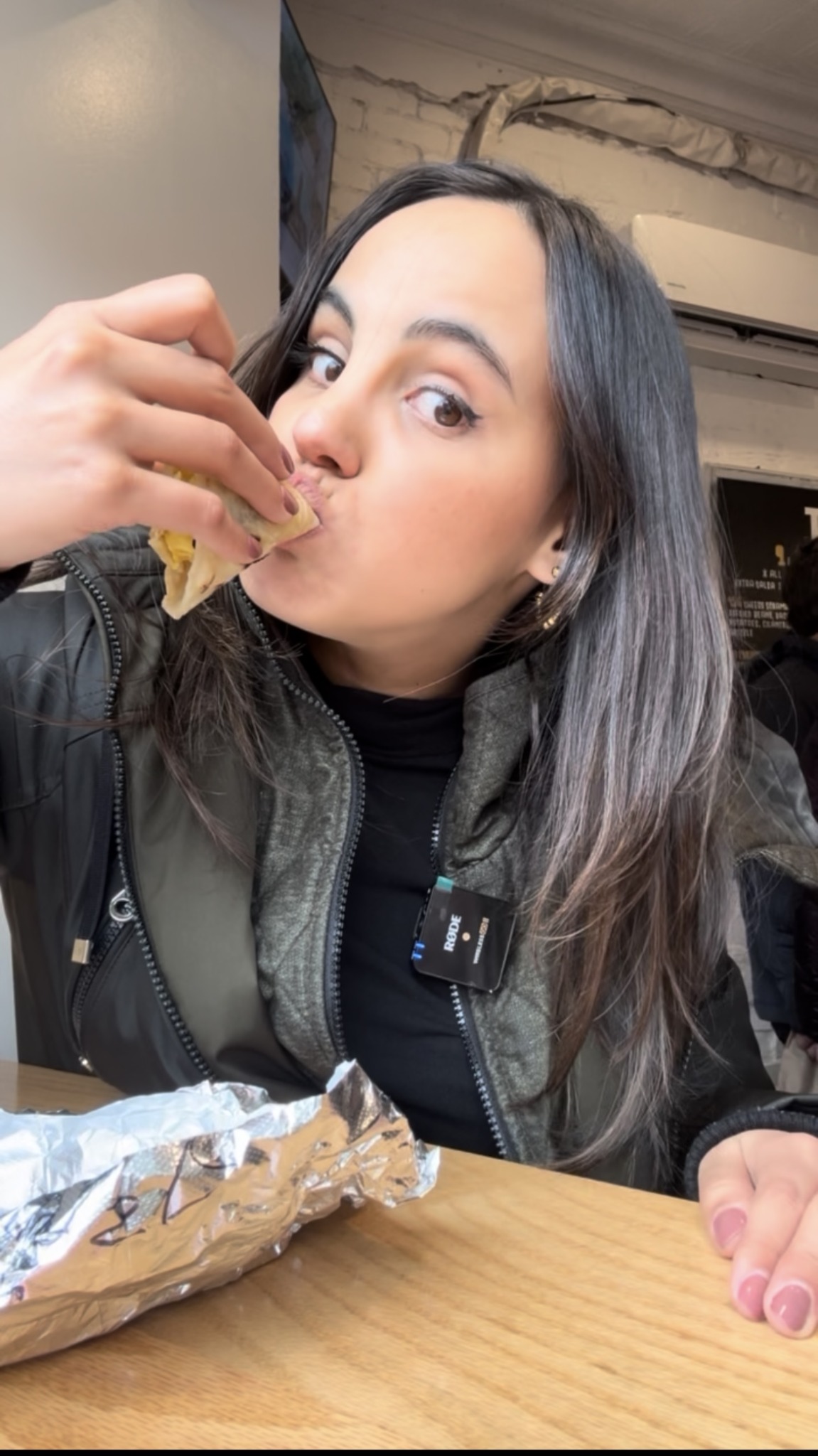
What’s a lesson you had to unlearn and what’s the backstory?
A lesson I’ve had to unlearn was that I couldn’t be an entrepreneur and build a business from scratch. Growing up, I followed a very specific path that has been laid out for many of us: graduate from college, build a career in a secure environment, make money from what you studied, and stay in the same job or industry for the rest of your life. Initially, I could stay in my lane and build a meaningful career that would be both fulfilling and financially stable.
However, when I discovered I could combine my passion for food and gastronomy, my understanding of the deeper narratives behind them, with my knowledge in content production, writing, and storytelling, I discovered that I could build something from scratch – it was just a matter of doing it my way instead of following yet another set of rules and established path.
I think there’s no one backstory, as this is something that I have been learning for the past five years, when I realized I didn’t want to follow the established path and set out to create my own. Currently, I’m working to embody the businesswoman identity and am excited about what’s to come!
Contact Info:
- Website: https://gabrielamdof.xyz
- Instagram: https://www.instagram.com/gabriela.montesdeocaf/
- Linkedin: https://www.linkedin.com/in/gabrielamontesdeoca/
- Youtube: https://www.youtube.com/@TepuiCulinaryExperiences/playlists
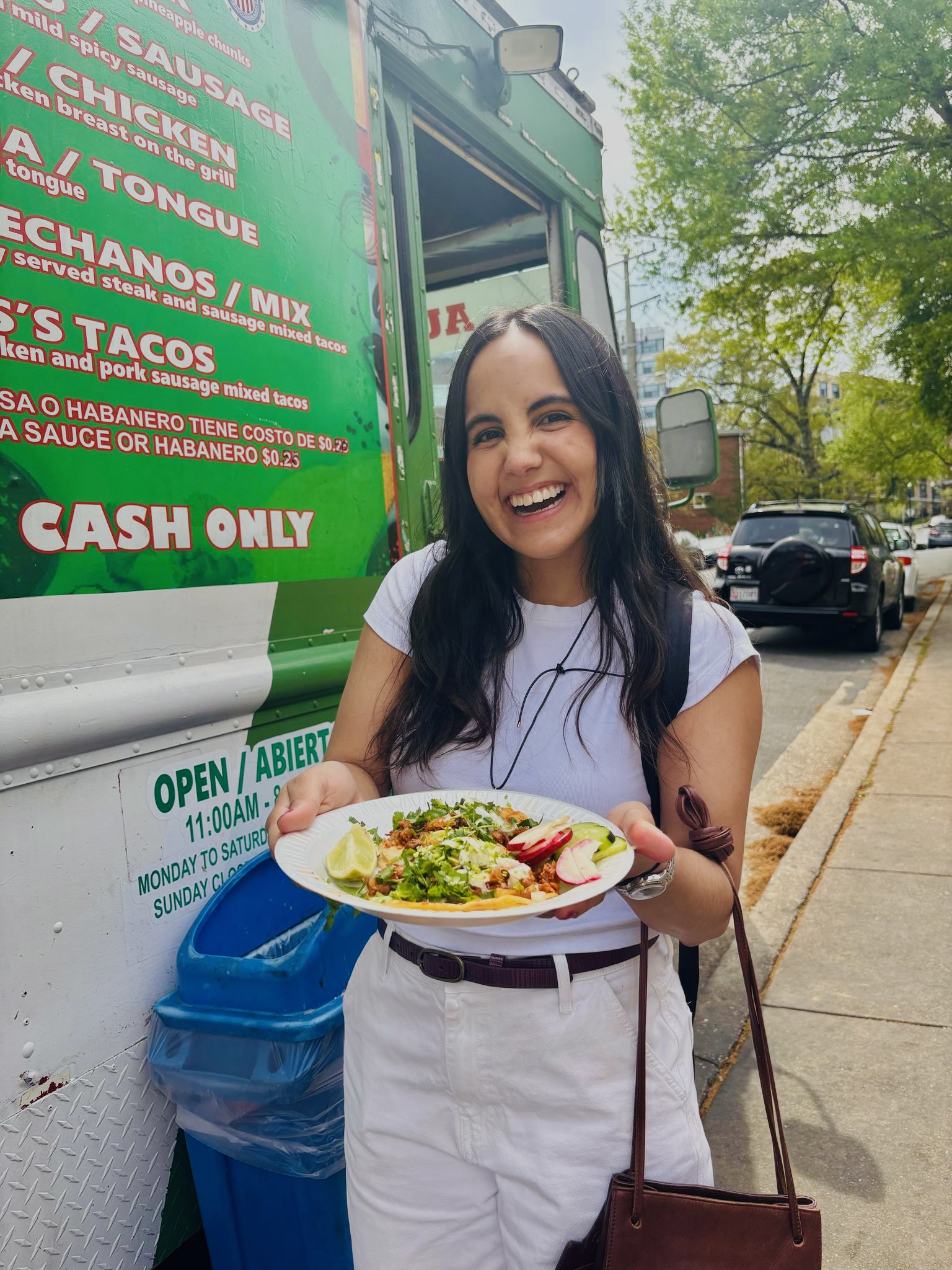
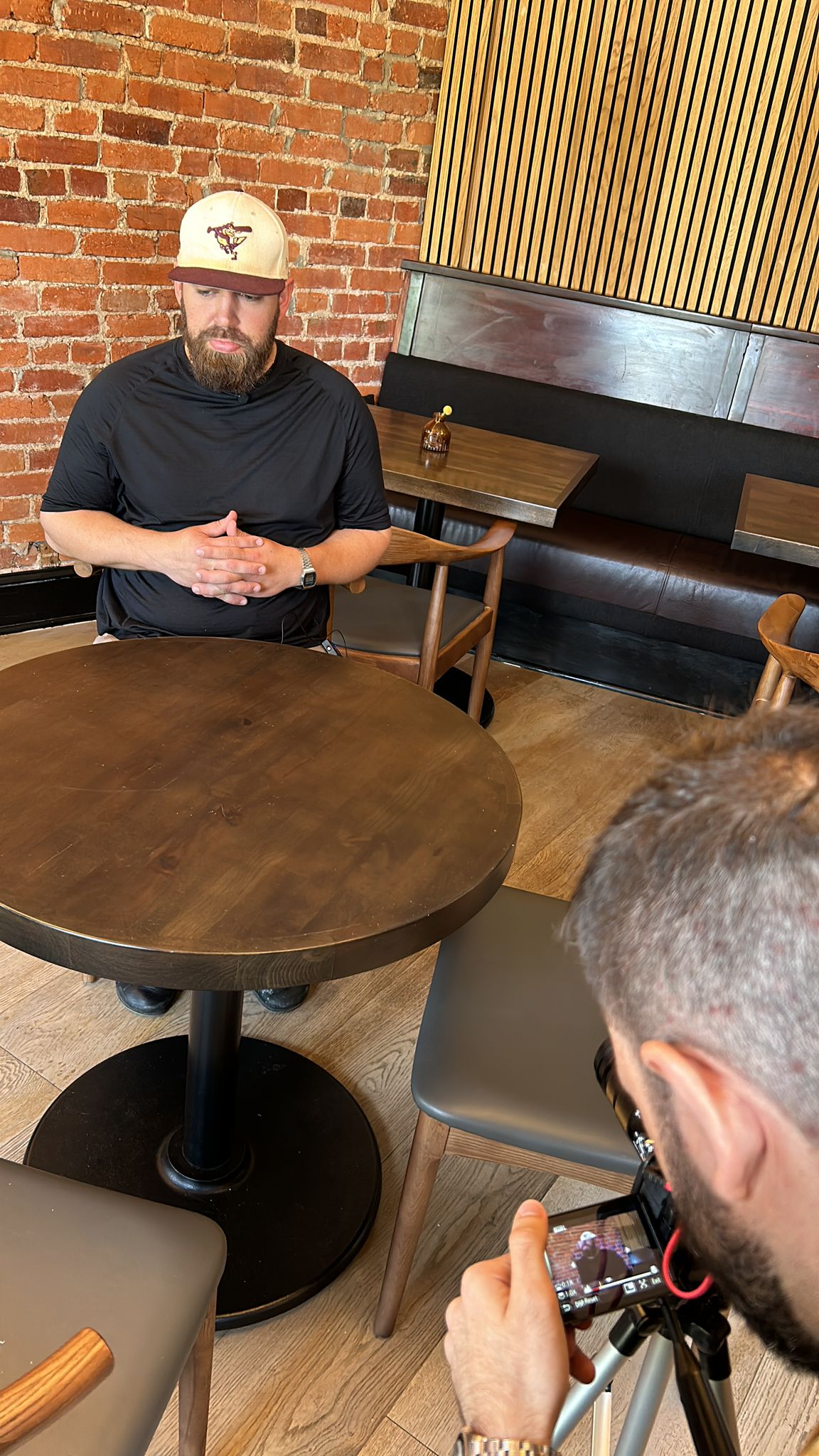
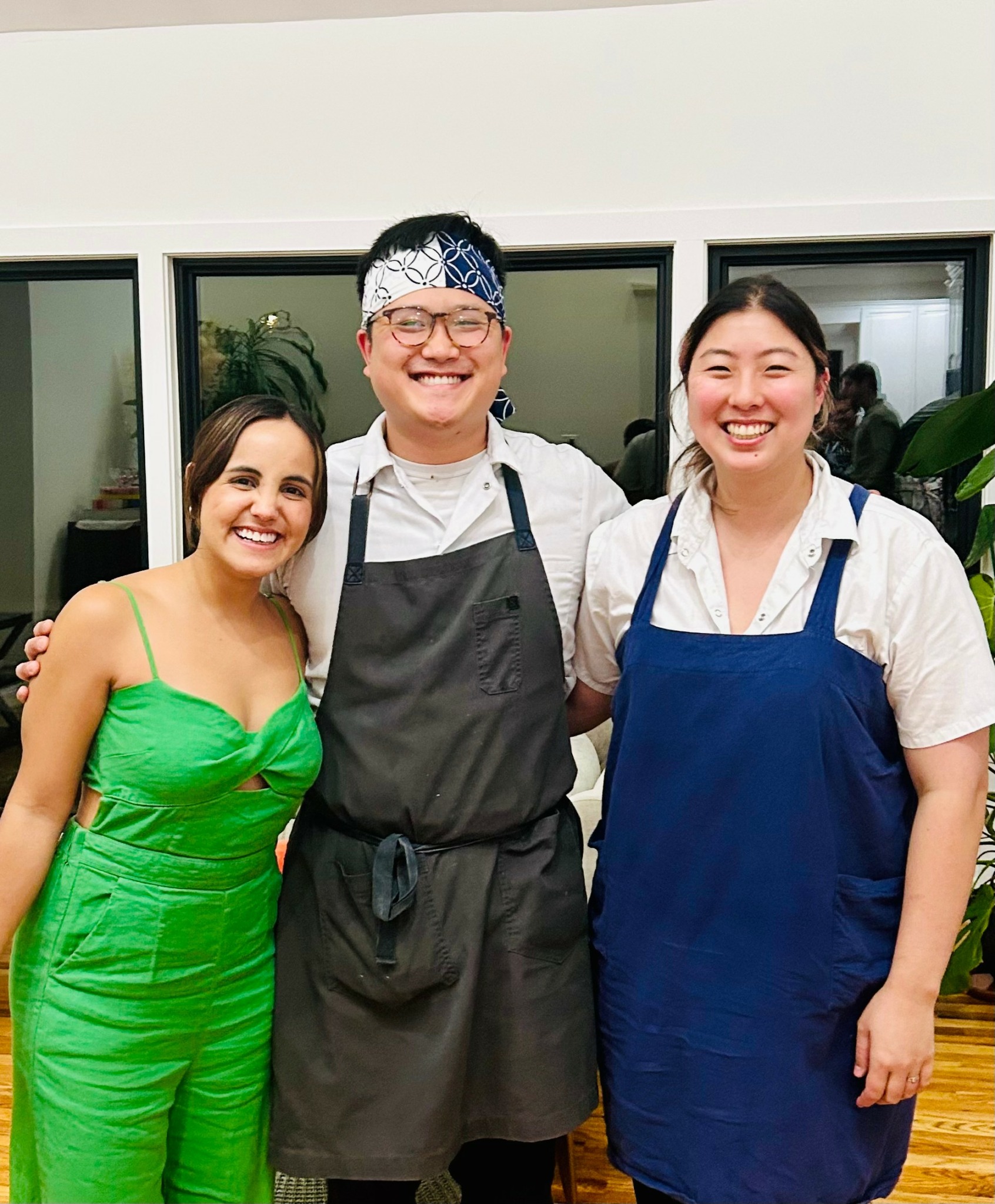
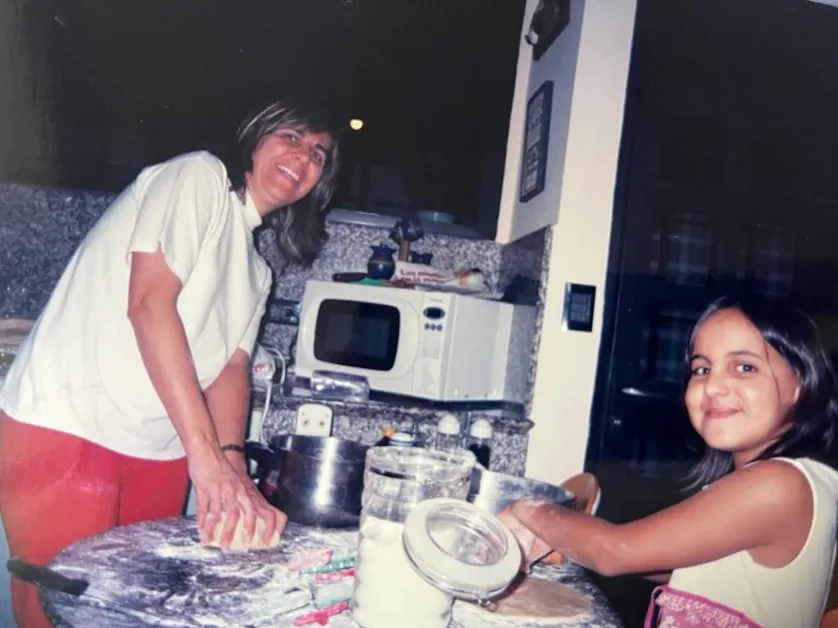
Image Credits
Irena Stein (Only the first picture – All others are my property)


